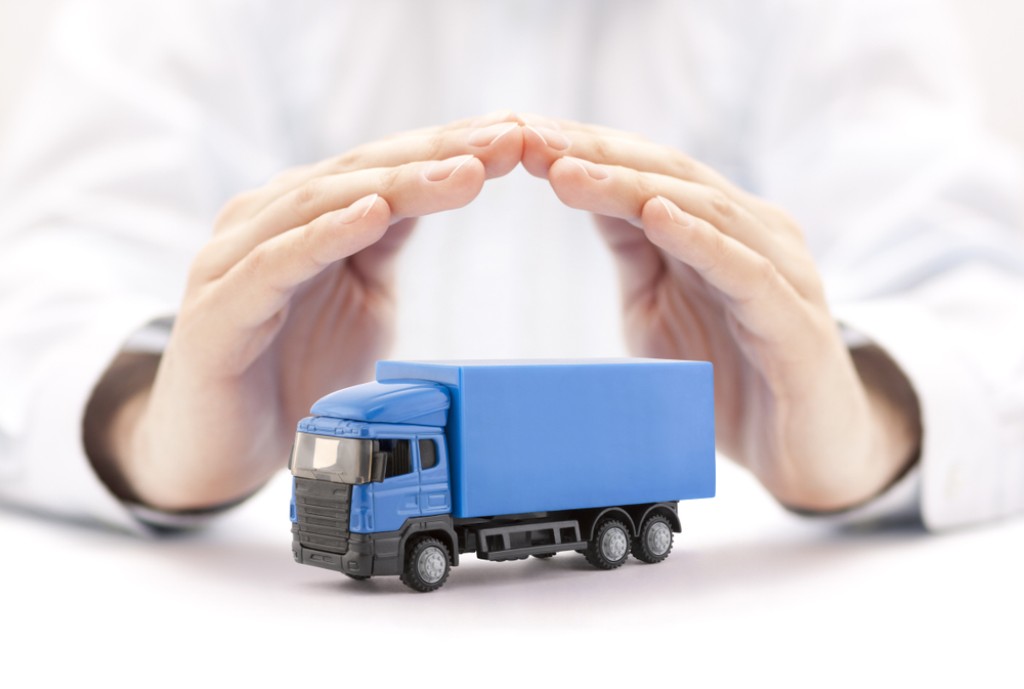Last-mile delivery has revolutionized the way businesses operate in the current market. This delivery model ensures that goods are transported from the nearest hub to the customer’s doorstep. Although this model has its advantages, it also brings with it a unique set of risks.
Last-mile insurance provides coverage for various risks associated with this delivery model, including physical damage, general liability, umbrella/excess umbrella, cargo, occupational accident, contingent liability coverage, workers’ compensation, commercial general liability, cargo & warehouse legal liability, auto liability/ auto physical damage, and equipment floater.
Here are some reasons why you need last-mile insurance for your business:
Physical Damage Coverage
Physical damage coverage protects your business vehicles in the event of an accident, theft, or vandalism. This coverage can help cover the cost of repairs or replacement of your vehicles, helping you get back on the road quickly.
Whether you use your business vehicles to transport goods, equipment, or employees, they are an essential part of your operations. Accidents or damage to your vehicles can result in downtime and lost productivity, which can impact your bottom line. Physical damage coverage can provide peace of mind and help mitigate these risks.
General Liability Coverage
Having general liability coverage is an essential insurance policy that provides protection to businesses against claims of property damage or bodily injury that may result from their operations.c In today’s litigious business environment, lawsuits can be filed against a company for a variety of reasons, including accidents caused by business operations, and these claims can have devastating financial consequences.
If your business is found liable for an accident that caused bodily injury or property damage, having general liability coverage can help to cover the costs of legal fees, medical expenses, and damages. Legal fees and medical expenses can add up quickly, and without insurance coverage, these costs can quickly drain a business’s finances.
Umbrella/Excess Umbrella Coverage
Umbrella or excess umbrella coverage is an additional insurance policy that provides an extra layer of liability coverage above and beyond the limits of your primary liability coverage. This means that if you were to face a catastrophic event that exhausts the coverage limits of your primary policy, your excess umbrella coverage can provide further protection.
The primary purpose of this coverage is to provide a financial safety net for businesses that may face significant legal expenses or settlements resulting from a lawsuit or catastrophic event. It can be particularly beneficial for businesses that operate in industries with a higher likelihood of accidents or lawsuits, such as construction, healthcare, and manufacturing.
Cargo Coverage
Cargo coverage provides protection to businesses against losses or damages incurred to their cargo during transportation. This coverage is designed to help businesses avoid incurring any financial losses resulting from damage or loss of their cargo during transit.
With cargo coverage, businesses can be assured that in the event of any unforeseen circumstances, such as accidents, theft, or natural disasters, they will be protected from the financial impact of damage to their cargo.
Occupational Accident Coverage
Occupational accident coverage is designed to provide benefits to employees who suffer from an injury while performing their job duties. This coverage is intended to help employees cope with the financial impact of a work-related injury by covering medical costs, lost wages, and other expenses that may arise from the injury.
Contingent Liability Coverage
Contingent liability coverage is a type of insurance that provides protection to a company in the event that a third party or contractor is found liable for an accident or injury that occurs while working on behalf of the company.
Contingent liability coverage is an essential component of risk management for businesses that rely on third-party contractors to carry out various tasks. This insurance policy is designed to cover any claims made against the company in case of any accidents, injuries, or damages caused by the contractors during the course of their work.
Workers’ Compensation Coverage
Workers’ compensation pays benefits to workers who get hurt on the job or get sick because of their job. When someone gets hurt or sick at work, this coverage may help pay for medical bills, lost wages, and other costs related to the injury or illness.
Commercial General Liability Coverage
Commercial general liability insurance protects your business against claims that it caused someone to get hurt or damage their property. You can use this coverage to help cover your business’s legal costs, medical expenses, and monetary losses arising from an accident caused by your business.
Cargo & Warehouse Legal Liability Coverage
Cargo and warehouse legal liability coverage provides protection for your business against losses or damages to the cargo you are storing or warehousing. You may be able to benefit from this coverage if you wish to protect yourself from financial loss by covering the costs of replacing or repairing damaged cargo, thereby protecting your assets.
Auto Liability/Auto Physical Damage Coverage
Auto liability/auto physical damage coverage protects your business vehicles in the event of an accident, theft, or vandalism. Such coverage can help cover the cost of repairing or replacing your vehicles, allowing you to get back on the road more quickly.
Equipment Floater Coverage
The equipment floater coverage that you have gives your company equipment protection while it is in transit or while it is being used on a job site. As a result of this coverage, there will be no need for you to be concerned about the expenses associated with repairing or replacing your equipment, thus preventing any potential financial losses.
Take Away
Last Mile delivery insurance is essential for businesses that provide last-mile delivery services. It provides coverage for various types of potential losses and legal liability. By investing in last-mile delivery insurance, businesses can protect their assets, minimize potential financial losses, and ensure the safety of their employees and customers.





